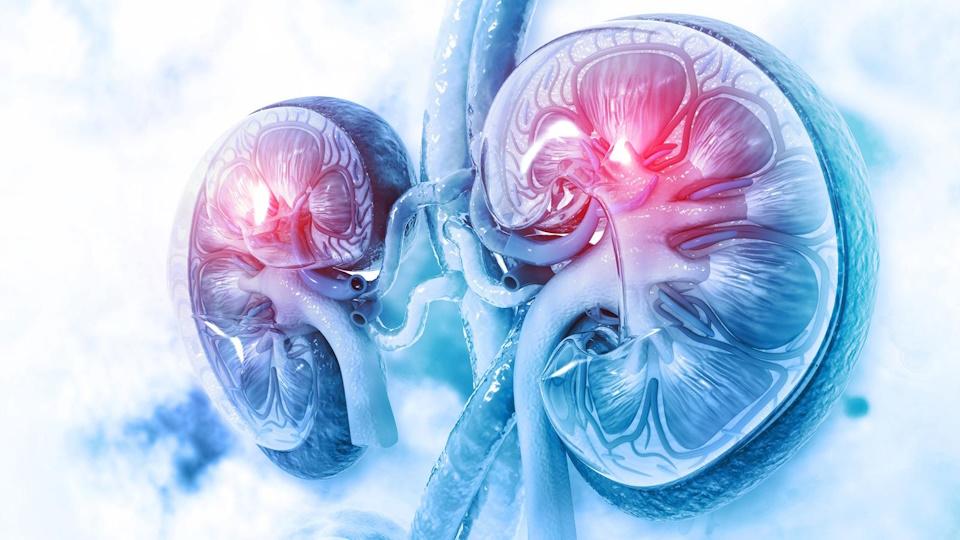Novartis gets FDA OK for first in its trio of IgAN therapies

Novartis has claimed accelerated approval from the FDA for a second indication for Fabhalta – IgA nephropathy (IgAN) – as it charts a course to blockbuster sales for the drug.
The US regulator has cleared Fabhalta (iptacopan) for the reduction of proteinuria in adults with primary IgAN who are at risk of rapid disease progression, making it the first complement inhibitor for the rare kidney disease.
Fabhalta is already approved in the US, EU, and Japan as a therapy for paroxysmal nocturnal haemoglobinuria (PNH), a rare blood disorder, and is the first oral alternative to injectable or infused complement therapies like AstraZeneca's Soliris (eculizumab) and Ultomiris (ravulizumab) and Apellis' Empaveli (pegcetacoplan), which are not used to treat IgAN.
The IgAN approval is based on data from the ongoing APPLAUSE-IgAN study, which showed a 38% proteinuria reduction at nine months with the drug compared to placebo.
Proteinuria is a marker for kidney function, so is a surrogate marker for drug activity in IgAN, which occurs when antibodies accumulate in the kidneys, causing inflammation and scarring and potentially leading to chronic kidney disease (CKD).
According to Novartis, despite standard care up to 50% of IgAN patients with persistent proteinuria progress to kidney failure within 10 to 20 years of diagnosis. Each year, approximately 25 people per million worldwide are newly diagnosed with IgAN, mostly young adults.
The green light is also a milestone for Novartis because it marks the first approval in its renal disease pipeline, which includes three therapies for IgAN – Fabhalta, oral endothelin A receptor antagonist atrasentan, and zigakibart, a subcutaneously administered anti-APRIL antibody. Atrasentan was filed with the FDA earlier this year, while zigakibart is in phase 3.
In 2021, Calliditas Therapeutics' corticosteroid-based Tarpeyo (budesonide) became the first FDA-approved therapy for IgAN, and last year it was joined by Travere Therapeutics' Filspari (sparsentan), which is in the same class as atrasentan. Previously, the standard treatment was broad-spectrum immunosuppressant drugs with potentially serious side effects.
"The heterogeneous and progressive nature of IgA nephropathy has made it challenging to effectively treat this disease. Thankfully, the treatment landscape is rapidly evolving," commented Prof Dana Rizk of the University of Alabama, an APPLAUSE-IgAN investigator.
"Mounting clinical evidence underscores the pivotal role of complement activation in IgA nephropathy," she added. "I am thrilled that this advancement is now available to help enable a targeted treatment approach for IgAN patients."
Analysts at Jefferies have previously predicted that Fabhalta could hit $3.6 billion in peak annual sales if it gets approved for all its target indications, which along with PNH and IgAN include atypical haemolytic uraemic syndrome (aHUS), C3 glomerulopathy (C3G), and idiopathic membranous nephropathy (IMN).
It still has a long way to go to reach that objective. In the second quarter, sales from PNH were $22 million, with Novartis pointing to "encouraging early launch indicators" with the rollout.












